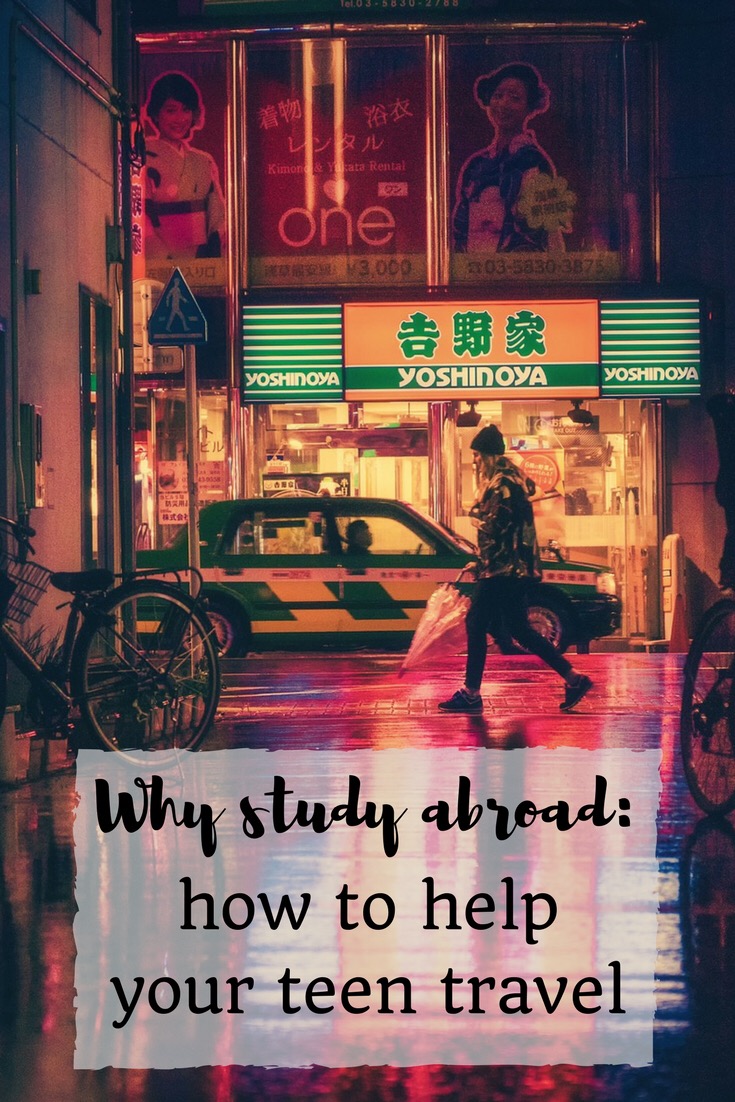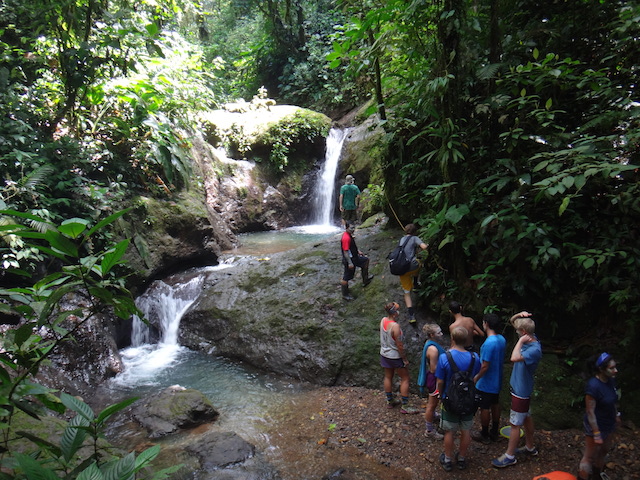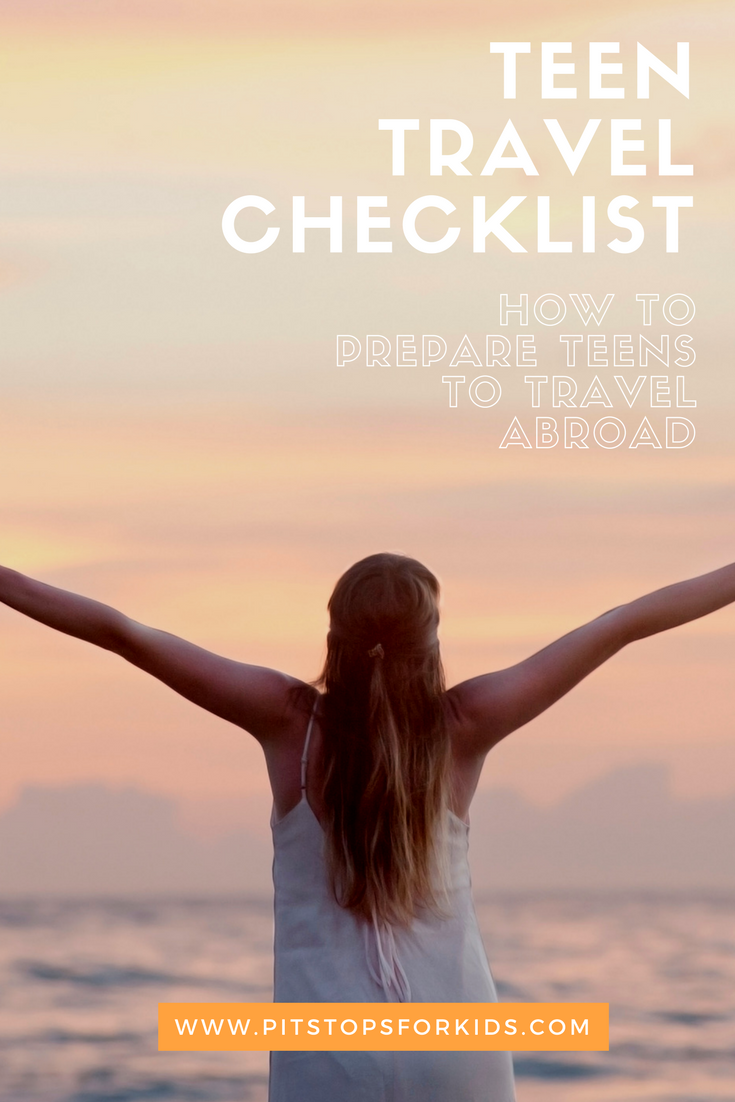On Pit Stops for Kids, we’ve written tips for parents whose kids are flying solo. But what about teens? Most airlines allow kids aged 5-14 to fly as unaccompanied minors (with kids 5-7 restricted only to direct flights), which leaves kids 15 and up in a completely different category. When kids 15-17 fly solo, they’re still every bit as unaccompanied…and are still minors. But basically, they’re on their own. Pretty scary for parents, and even more so when things go wrong.
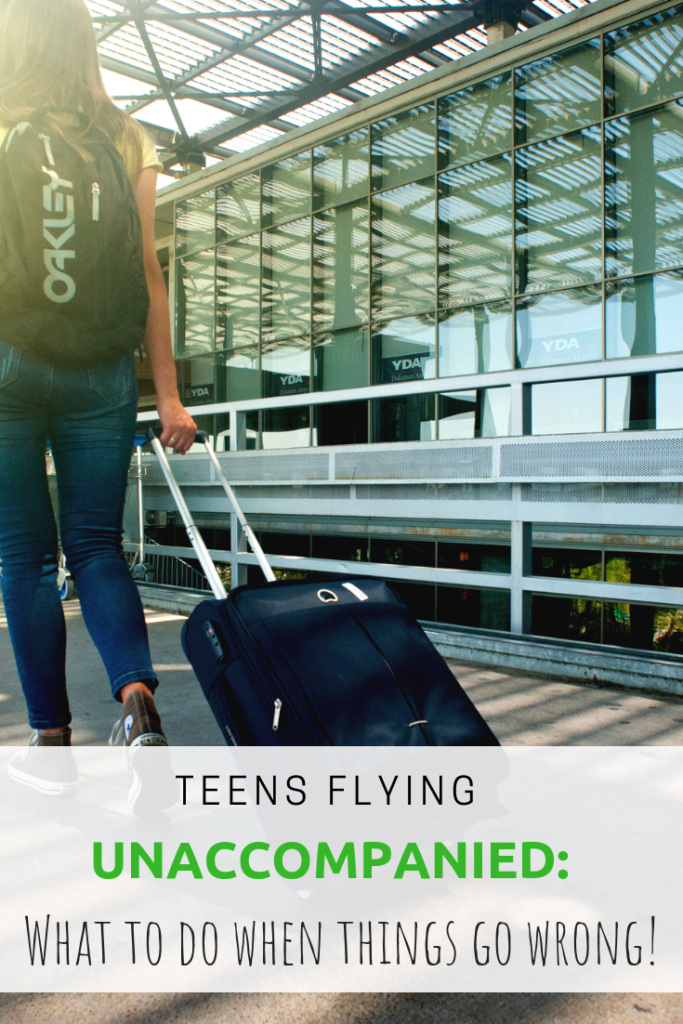
We decided our oldest, Nate, at age 15, was old enough to fly unaccompanied. The route: San Francisco to Dallas/Fort Worth, then DFW to San Jose, Costa Rica. Yep, it was a biggie: a non-direct flight through big airports to an international destination. Was he ready? YES…but unfortunately, we were forced to learn this the hard way as Nate was tested severely on his travel day.
Here’s what happened: I escorted Nate to his departure gate in SFO (it’s easy to get an escort pass!), and his flight departed on time. When he arrived in DFW, he found his connecting gate without a hitch, even though it involved a shuttle ride. He even boarded his second flight without a problem, texting me updates all the time. However, he never left the tarmac. As happens occasionally, his plane experienced mechanical difficulties. First it was some sort of brake fluid issue, then an engine overheating. He sat on the tarmac for two hours before his plane was taxied back to the gate. He deplaned, and moved to a new gate as instructed, but the flight continued to be delayed. Finally, the inevitable occurred: the flight was cancelled. The earliest he would leave the airport was 6:30 am the next morning.
Nate found himself facing the prospect of sleeping overnight, by himself, in Dallas/Fort Worth, with his chaperones far away in Costa Rica and his parents nearly as far away in Southern Oregon. He was a seasoned flier, but suddenly felt very, very alone. He faced several immediate problems:
- In the chaos that always accompanies a cancelled flight, he didn’t know to get online and try to book a better flight immediately. Even if he had, he lacked the resources to pay for an upgrade.
- The travelers on his flight were being issued hotel room vouchers by the airline (American Airlines), but as a minor, the Marriott they’d partnered with didn’t want to issue him a room.
- He was tired and hungry, and the long line of impatient travelers trying to get vouchers and demanding answers intimidated him.
Here’s how we helped:
- We stayed on the phone with Nate nearly constantly. Thank goodness for cell phones! If you have a teen flying solo, I strongly recommend sending him or her with a phone, even if he or she normally doesn’t carry one.
- I told Nate to give his phone to the gate agent, so I could speak with her directly. I was polite but insistent that he receive instructions, and more importantly, be issued a room. The American Airlines agent I spoke with was helpful and sympathetic. She got it done.
- I got online, and looked for any other flight that would save him from an overnight in Dallas. There was none, but in the case this happens to your child, be proactive: the airline would rather give any available seat to a minor than have to figure out what to do with him or her all night! Every airline I spoke with after this incident told me that minors do get priority over other travelers, when at all possible.
- I asked for the name and phone number of the hotel the airline had put Nate up in, and I called their front desk. I explained that Nate was a minor (which they already knew) and asked the questions I thought he may have forgotten: when does the morning shuttle back to the airport begin to run? Does he need a reservation? Can I place a wake-up call on his behalf? The Marriott Dallas/FortWorth Airport helped in every way possible, and gave Nate a toothbrush, to boot.
- The next morning, I followed the flight’s updates via texts from American Airlines. All I needed was the flight number to ensure any gate or time changes would come directly to my phone.
Nate and I both had restless nights, but in the end, he got through it. Without help, he found his airport shuttle, checked into the Marriott, woke up on time (at 2 am PST!), made it back to the airport, and got on his flight. It’s not the way either of us wanted his travel day to go, but he’s now a seasoned soldier in the battle of air travel.
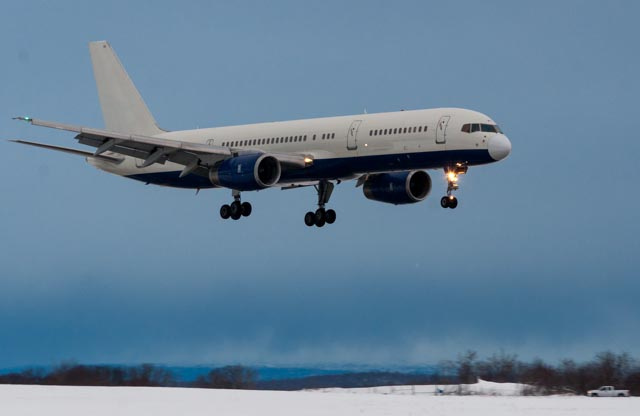
Before embarking on your teen flying unaccompanied, I suggest the following tips (learn from us!):
Teen flying alone? Ensure you have stellar support from chaperones at the destination. When Nate’s travel day from hell occurred, he was flying to Costa Rica for an Adventures Cross Country trip. I cannot say enough good things about ARCC’s home office. When I called just before business hours ended, I got an immediate answer from Brooke in the office, and my updates were relayed immediately to Nate’s leaders in Costa Rica. This line of communication was so flawless, it was clearly protocol. When the afternoon turned to evening, and then night, Brooke gave me her cell phone number and continued to help. I was able to reassure Nate that his leaders hadn’t left him (of course not!), and that they knew what had happened to him.
Send your child with a debit card for teens, such as Buxx. Even though Nate’s flight was cancelled due to mechanical issues, and he therefore received vouchers for lodging and food, he spent more than we’d planned in the airport. We were able to look at his balance on his Buxx card and add to it from home. Had he needed to purchase a hotel room himself (perhaps due to a weather delay), we would have called a hotel directly and booked it for him, or put more cash on his card. I am not paid by Buxx in any way; we use this service personally for our teen.
Emphasize to your teen that he or she needs to be a self-advocate. It’s not easy to stand up for yourself, but it’s imperative that your teen is able to approach airport and hotel personnel and ask for help. Nate continually said to people, “I’m a minor flying alone, and I need some help figuring this out.” Even the most nurturing agent can’t assist if your teen has blended into the background and is unnoticeable.
Let your teen practice. In anticipation of Nate’s trip, we let him ‘take the wheel’, so to speak, during an earlier summer cross country air travel day. Even though I was present, I had Nate check us in, hand out boarding passes, direct us through security, and find our gate.
Absolutely wait until you think your teen is ready to fly alone. While we anticipated a long travel day for Nate, and prepped him on procedures from going through customs to finding his gate, we had no idea his day would become two days. But we should have been prepared for the possibility. Thankfully, I trusted Nate could navigate the situation because he’s flown many, many times with his family. Even though he’d never been asked to figure everything out himself, he was already familiar with boarding passes, security, customs, and yes, hotel shuttles.
We hope your teen never experiences a solo flight like Nate’s!





